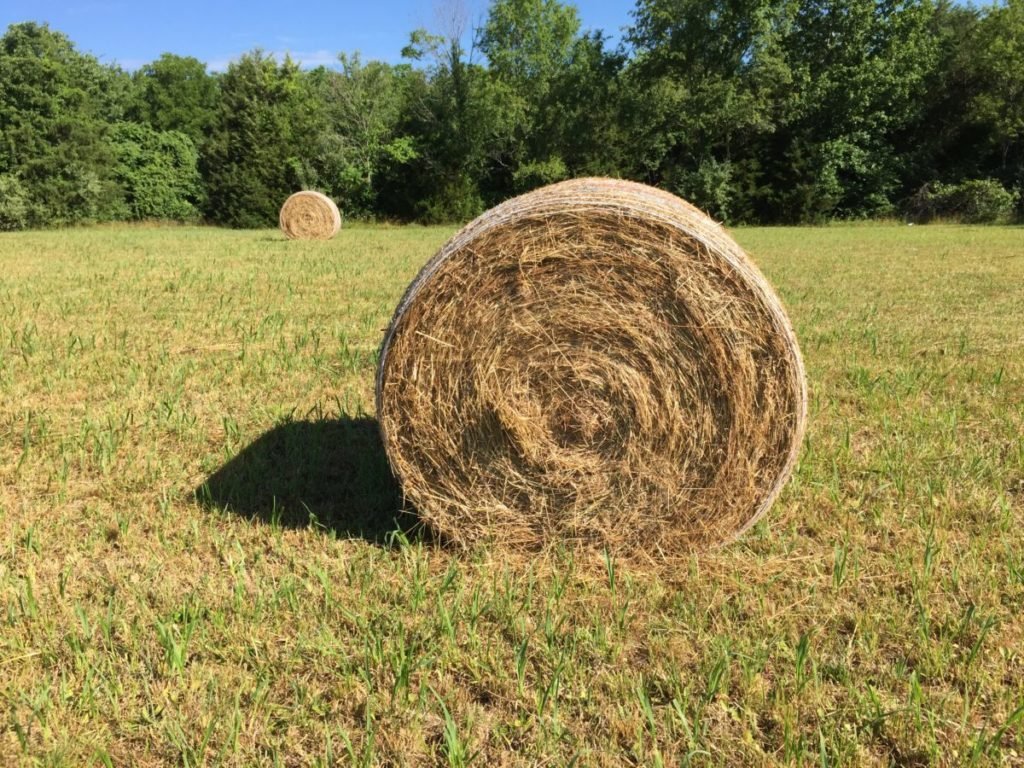
This summer, I have performed two activities that strangely seem similar: shredding dozens of family documents and serving as a screener for a poetry manuscript contest.
Many of our older readers have, no doubt, had to settle their parents’ or close relatives’ estates. I am past that stressful situation, thankfully, as my mother, pre-diseased by my father, died ten years ago. For that decade six or seven banker’s boxes squatted on sturdy shelves made especially for them.
After consulting my surviving siblings, I spent many hours sorting (in some cases saving) and then shredding our family’s life. The sheer amount of paper was frightening. My wife warned me not to re-injure my back. I was executor of wills as well as trustee of the family trust, and I had saved about every financial/legal record generated through thirty years of the trust. Several other trusts also had yearly reports (of perhaps forty pages each.) My father was an accountant and a record keeper.
As with many families, ours had a pleasant public face which camouflaged a needy child’s miscreant behavior which, needless to say, prompted at least another box of documents. Through the years as the extent of our sibling’s abuse and transgressions became clearer, I kept copious notes of phone conversations, summaries of discussion during visits, and printed emails among siblings, much less the many legal documents trying to quell the damage and to bring the thieving to a halt. It may appear callous, but after my younger brother died a year ago, I wanted to let memory be the only witness.
So each morning for a week or so I fed the shredder letters from lawyers, realtors (selling two houses), auction house lists, financial statements, investment reports, and an epic’s worth of family angst. All these represented a cubist notion of family: viewing different aspects of an object simultaneously. Curiously, I began to snip my parents’ signatures from checks written fifty years ago, from legal documents, from insurance policies, as pieces of them I could save. I noticed that their signatures had a surprising consistency over the years.
All this factual prose seemed antithetical to creative writing; nothing so pragmatic as the numerous e-mails among three older siblings regarding the embezzling of several hundred thousand dollars. Yes, some communications were emotional, but essentially expository. We knew about our bother’s neediness even before our father’s death, but despite our efforts, were powerless to change the family dynamic. I took six or seven trash barrels of paper ribbons to the recycle bins.
My second activity was emotionally less taxing than the first. With two others, I was asked to read three hundred and twelve poetry manuscripts in order to present ten to a final judge. We divided the manuscripts such that two readers would initially read the same manuscript. Two ‘no’ votes was a death sentence; two ‘yes’ votes had a good chance of inclusion in our list. We also had a ‘maybe’ option in which case all three readers read the manuscript and hashed it out, remembering that only ten manuscripts would ‘survive.’
As I began the process, Brood X of the Mid-Atlantic cicadas were emerging. As it turned out the main occurrence was north of where I live, but the news had many articles on the phenomenon and of the idea of predator satiation as a survival strategy. It seemed the appropriate metaphor for our task.
Having participated in this process before, I knew that there would be a staggering range of quality in the ‘pile’ before us; in subject matter (a good thing), in form (a tricky thing), in the use of language (an often puzzling thing), in tone or voice (usually a serious thing).
I looked forward to learning new things: some fact of nature I didn’t know, some observation of place, some idea I hadn’t thought much about. But many poets wouldn’t allow me to enter their world, either by using a mental shorthand without supplying a guidebook or by arcane terminology which in one case, required a glossary at the end of the manuscript or they simply didn’t know how to use language to tell a compelling story.
Many of the manuscripts were predominately of rhyming forms which I welcomed. Unfortunately, the art requires art and damn few aspiring poets have put in their 10,000 hours. Not to say there weren’t a few accomplished rhymers and collections for which I voted ‘yes.’
I could tell immediately whether the poet loves and knows how to use language. Sorry if this sounds elitist, conservative, close minded or whatever, but poetry is not common, ordinary prose. Good art is an experiment with a certain amount of risk. I like to see effort (even as it appears effortless.) Few used our language to its fullest potential.
The notion of ‘voice’ is a popular idea among poetry critique groups and I’ve gotten quite a dose reading these manuscripts. They range from the full-of-them-selves, self-referential confession to the reminescer, the ‘scholarly,’ the naive, and the indignant culture-wars ranter. Agreeably, it is a lively cacophony. The vast majority of voices were very serious, earnest, without a hint of humor. I don’t remember laughing, or even cracking a smile more than a few times.
So if you want some pointers from a screener’s point of view here they are:
1). It seems obvious, but read and follow the directions of the contest to the letter. Provide a table of contents and number the pages.
2). Do not use fancy, distracting, fonts or layouts. They add nothing to the poetry.
3). Avoid being cute either in the work itself or in fonts and layout. Cute here meaning sentimental, touchy-feely, or overly emotional. Being clever is more acceptable, even desired, as long as the cleverness doesn’t become cleverness for its own sake or become ‘mind-games.”
4). Avoid using many unusual words, scientific jargon, theological terms, foreign epithets, et cetera, unless the context supports them. Looking up a word or two is the duty of the reader, but more than a few shuts the reader down. A few end notes may provide credits or sources, but long introductory explanations, post-collection justifications, or numerous quotations at the beginning of the manuscript are unnecessary and usually off-putting. Let the poetry do the bragging.
4). Proofread the entire manuscript three times, three days apart. A typographical error or maybe two are acceptable, but more than that indicates a lack of care in preparing the manuscript.
In short, make it as easy as possible on the screener (your hoped-for reader) to read the work.
The magic of metaphor is to observe and preserve correspondences between disparate things or ideas. Both of my activities presented me with a number of such parallels and I produced a half dozen poems in reaction to them. The shredding was a little more final perhaps, but none-the-less a culling. Parsing the qualities of poetry manuscripts was a little less precise, I suppose, but I hope my ‘votes’ were as objective and as fair as they could be.

Share this post with your friends.


Beautiful, Fred. The first sentence had me rolling my eyes, lol.
I love your use of language. I love the juxtaposition of tasks. Bravo for all of that work, as well!
How do I subscribe to your blog? Is typing my email address below all I have to do? I didn’t realize you could post your own blog on writing websites. I thought it was the editors trying to drum up business for their issues. Although it could be both. Intriguing. Thank you.